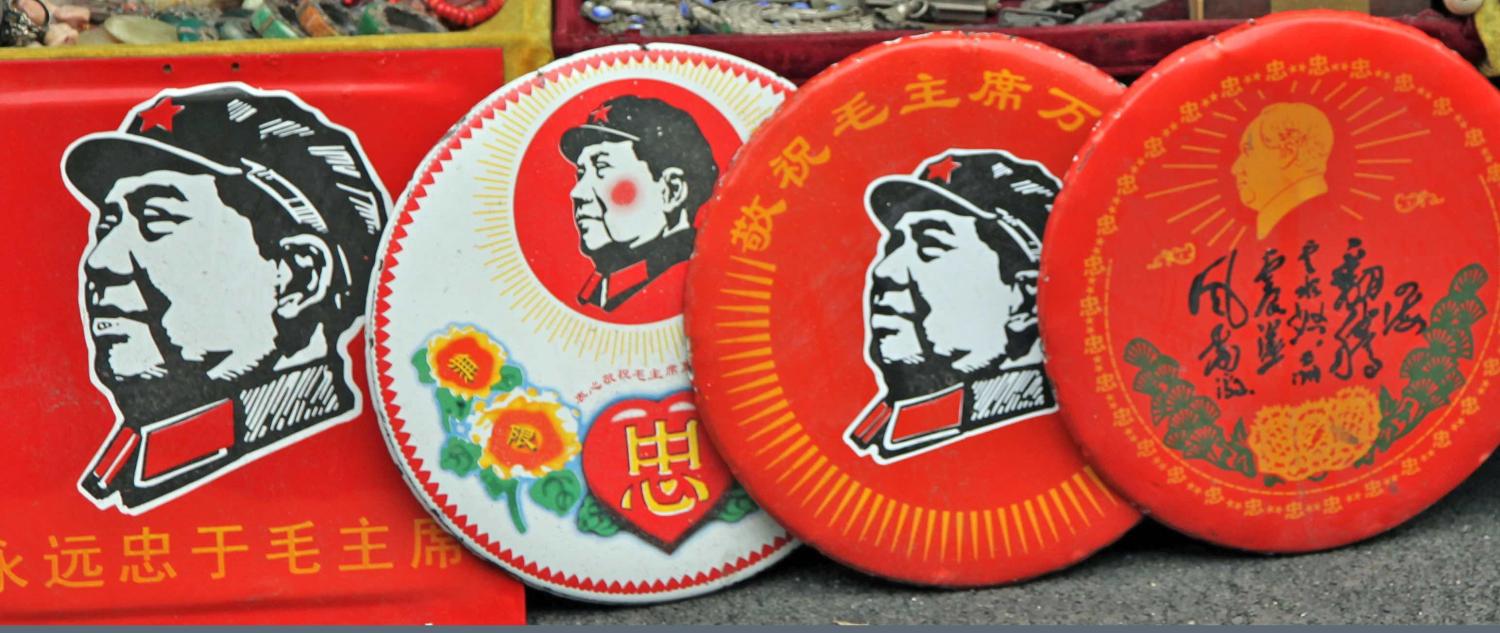China has opened new doors for overseas Chinese through changes to its visa program. Beijing’s latest policy announcement allows foreign citizens with Chinese heritage to apply for a special multiple-entry visa granting a residency period of up to five years. This extends the existing policy under which individuals with Chinese heritage could receive a one-year visa granting a maximum residency period of three years.
All foreign citizens with Chinese heritage are eligible to apply, regardless of how many generations of their family have lived outside China. The move is consistent with Chinese President Xi Jinping’s speech delivered at the 19th Chinese Communist Party (CCP) National Congress in October 2017, which centred on the theme of national rejuvenation.
In contrast to his predecessors, Xi believes overseas Chinese communities have a role in his vision for a more prosperous and innovative China that occupies a central position in world politics. He declared:
We will maintain extensive contacts with overseas Chinese nationals, returned Chinese and their relatives and unite them so that they can join our endeavours to revitalise the Chinese nation.
China intends to roll out the welcome mat for overseas Chinese to “return home”. Why? Because the CCP desires the skills, connections, and knowledge of the outside world.
This policy announcement comes at an important time in Australia–China relations. The debate concerning China’s influence on Australian society and politics is reaching tipping point. Investigations and reports of CCP influence on Australia’s political parties and institutions has caused widespread anxiety in Australia and triggered a backlash from the Chinese Government and media.
As a result, Australians of Chinese descent have been caught in the crossfire, with their loyalty called into question unfairly. At this difficult time for the overseas Chinese community in Australia, the Chinese Government’s scheme to attract overseas Chinese to “revitalise the Chinese nation” has the potential to make matters worse.
Overseas Chinese comprise some of the world’s most educated and successful professionals and entrepreneurs. According to the Beijing think tank Center for China and Globalization’s 2017 Report on China’s Regional International Talent Competitiveness, almost 4 million of the current 60 million overseas Chinese work in education, finance, and technology. The visa policy change is seen by many China watchers as a strategic move by the Chinese Government to attract the best and brightest rén cái, or “talent”, to China.
Successive Chinese leaders and administrations have made efforts to connect with overseas Chinese through programs such as the Discovery Trip to China for Eminent Young Overseas Chinese. I was invited by the Chinese Government to attend the ninth edition of this program in 2013. In the eyes of the Chinese Government, I was considered “eminent” due to my roles as a local government councillor for the City of Monash in Melbourne and as a Chinese-Australian community leader. In Beijing I was introduced to many young overseas Chinese professionals from around the world.
We were treated with the finest Chinese hospitality, including a reception and dinner in the Great Hall of the People. The message of the organiser, the overseas Chinese Affairs Office, was clear: “No matter where you live in the world, we all share one origin. There is a place for all of you here at home.” For a country and government which once treated overseas Chinese with suspicion, even as “blood traitors” and “spies”, this was a remarkable about-turn.
Thanks to their experience living abroad, overseas Chinese communities are more receptive to new social and political ideas and models. Political influences from abroad played a major role in orchestrating the 1911 Revolution that overthrew the last imperial dynasty of China. For the CCP, who fear political instability and regime challenge above all else, extending influence and authority to overseas Chinese may be counterproductive.
The Chinese Government’s unwillingness to have forthright and open conversations about political and social issues may frustrate many overseas Chinese accustomed to living and working in democratic societies. Beijing must realise it cannot expect overseas Chinese to contribute their skills while barring them from speaking out and shaping the agenda and direction of the country.
By appealing to historical and emotional ties to China, Beijing is determined to obtain the loyalty and commitment of the overseas Chinese diaspora. This is a pillar of Xi’s plan to rejuvenate the country and extend a share of the “China Dream” to people of Chinese descent around the world.
However, I suspect the current debate about CCP influence on Australian politics will make many Australians of Chinese descent wary of taking up Xi’s new offer. Whether it is for business, personal, or emotional purposes, Chinese-Australians are once again torn between our heritage and homeland. It is not a comfortable place to be.

